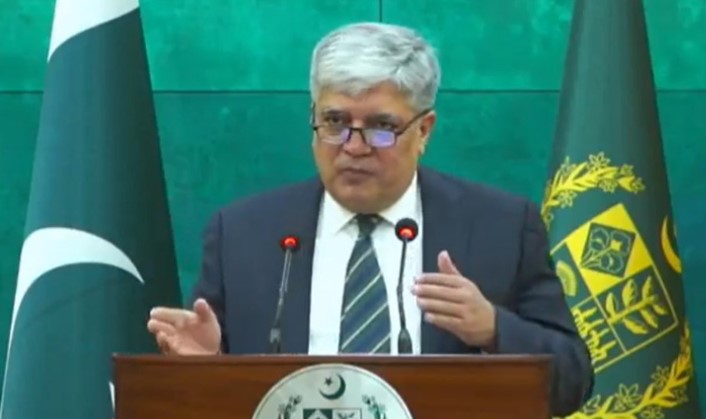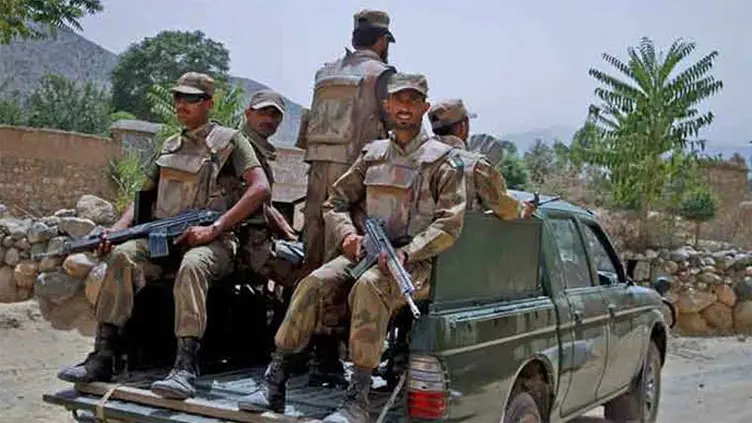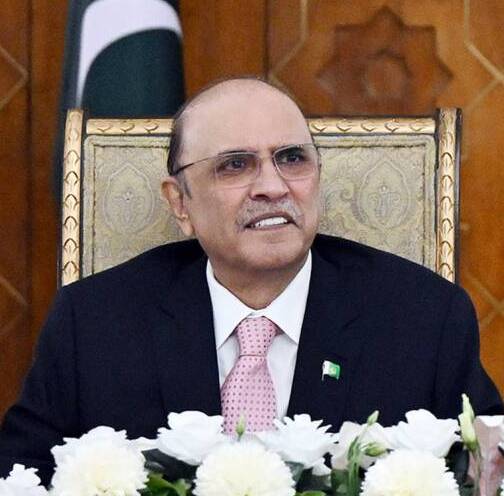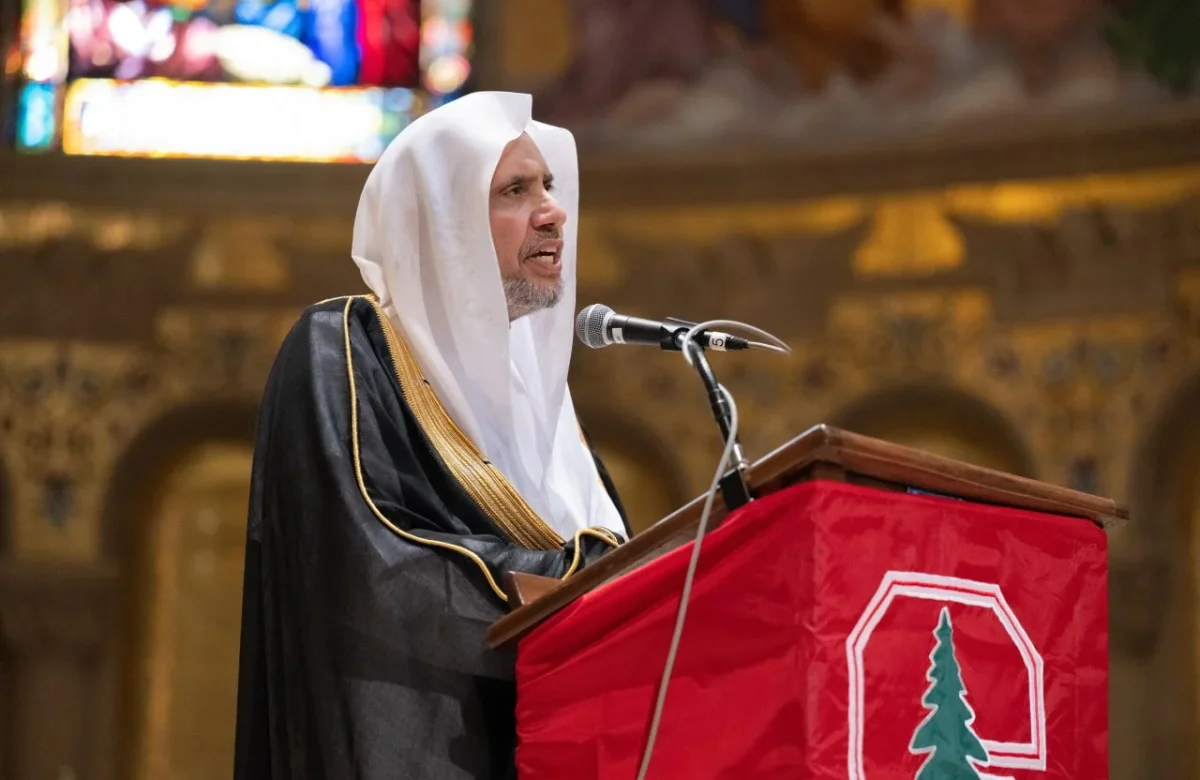
Pakistan Condemns India’s Role in Regional Destabilization, Calls for Kashmir Resolution
- Diplomatic News
- March 20, 2025
- No Comment

Pakistan Condemns India’s Role in Regional Destabilization, Calls for Kashmir Resolution
Pakistan has strongly criticized India’s alleged involvement in terrorism within its borders and ongoing oppression in Indian Illegally Occupied Jammu and Kashmir (IIOJK), stating that New Delhi’s victimhood narrative cannot conceal its actions.
Speaking at a weekly press briefing, Foreign Office (FO) spokesperson Shafqat Ali Khan reaffirmed Pakistan’s stance, highlighting India’s role in destabilizing Baluchistan and its alleged engagement in global assassination plots. He asserted that rather than accusing others, India should reflect on its own record of orchestrating targeted assassinations, subversion, and terrorism in foreign territories.
Khan pointed out India’s silence on the recent terrorist attack on the Jaffar Express in Baluchistan, questioning its selective condemnation of violent incidents.
Addressing the Kashmir issue, Khan criticized India’s recent statements regarding Jammu and Kashmir, reminding New Delhi that it was India itself that took the matter to the United Nations in 1948. He reiterated that Jammu and Kashmir remains an internationally recognized disputed territory, and its final status should be determined through a UN-supervised plebiscite, as per the relevant UN Security Council (UNSC) resolutions.
Pakistan continues to advocate for a peaceful resolution of the Kashmir conflict, emphasizing that India’s hegemonic ambitions and rigid stance have obstructed peace in South Asia. He warned that India’s anti-Pakistan rhetoric hampers regional cooperation and must cease to create space for meaningful dialogue.
On other diplomatic matters, Khan clarified that the Pakistani government had no involvement in the reported visit of certain Pakistani individuals to Israel. He reaffirmed that Pakistan’s position on Israel remains unchanged, maintaining steadfast support for Palestinian rights.
He also condemned Israel’s continued attacks on civilians in the West Bank and Gaza, calling for an immediate ceasefire and unrestricted humanitarian aid. Pakistan urged the global community to hold Israel accountable for its violations of international law and human rights.
During Prime Minister Shahbaz Sharif’s official visit to Saudi Arabia, discussions with Crown Prince Mohammed bin Salman focused on strengthening cooperation in trade, investment, energy, and security. Khan emphasized that Saudi Arabia has been a consistent supporter of Pakistan’s economic and political stability.
On regional security, Khan welcomed the delimitation agreement between Kyrgyzstan and Tajikistan, expressing hope that it would foster greater regional cooperation.
Regarding Pakistan’s ongoing deportation of illegal foreign nationals, he confirmed that the deadline remains unchanged, urging Afghan authorities to act against terrorist groups like TTP and ISKP, which have carried out attacks in Pakistan.
He also announced that the Torkham border crossing has been temporarily reopened until April 15, while efforts continue to seek a permanent resolution to cross-border trade and movement issues.
Pakistan reaffirmed its commitment to regional peace, counterterrorism efforts, and international law, urging global stakeholders to take concrete steps toward de-escalation in Kashmir, Palestine, and beyond.







